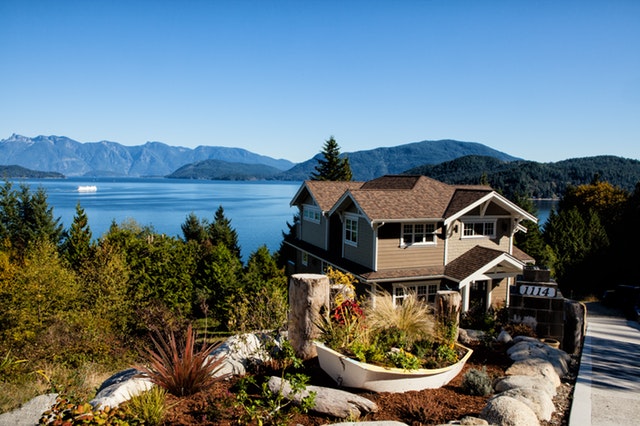 Renovations that create a multi-use property or the development of a new multi-use project can be a very attractive investment especially in urban areas that are undergoing redevelopment. The concept of multi-use is to make the most of the site that is revitalized or developed.
Renovations that create a multi-use property or the development of a new multi-use project can be a very attractive investment especially in urban areas that are undergoing redevelopment. The concept of multi-use is to make the most of the site that is revitalized or developed.
Multi-Use Projects
Typical multi-use projects have a mixture of retail space, restaurants, offices, and/or living spaces. They may include parking areas. Large multi-use projects can also become destination locations that are core improvements, which create a momentum for the gentrification of an entire area. Waterfronts, boardwalks, and walking promenades are successful as multi-use projects in many cities.
The advantages for investors in these projects include the ability to design the use of the space to maximize the return on investment (ROI). Depending on the area for the project’s construction, there may also be tax advantages.
Tax Advantages
Under the new tax laws, Opportunity Zones all across America have been created to stimulate redevelopment in areas that are distressed. The federal tax advantages include either delaying capital gain taxes or avoiding them altogether if investors hold the investments for more than ten years.
It is also possible to sell a project in an Opportunity Zone for a profit and then reinvest the proceeds under a tax exchange transaction into another investment in an Opportunity Zone and avoid paying the capital gains. Check with a competent real estate and tax attorney to learn how to set up an Opportunity Zone Fund to maximize the tax advantages.
Additionally, the financial basis used for calculating any profits on the second transaction is raised, thereby locking in the tax savings on the profits from the first transaction. This is a very effective strategy for build-to-suit developers who organize a multi-use development project in an Opportunity Zone with the intent to sell it.
State, County, And Municipal Support
Depending on the location, there may be state, county, and/or municipal support in terms of tax abatements and contribution of the land and funds for the development of a multi-use project.
Lack Of Basic Services
Another key consideration is that many Opportunity Zones lack sufficient basic services. Some neighborhoods do not even have a grocery store. A multi-use development, in a distressed neighborhood, which offers services and stores for these basic needs, is likely to experience an immediate consumer demand for the offerings.
Loans And Investment Funds For Multi-Use Projects
Lenders are more attracted to multi-use projects because of the possibility of higher average rents per square foot that will cover the monthly mortgage payments. Multi-use projects can be successfully funded by crowd-sourcing techniques as well.
Opportunities For Real Estate Agents And Brokers
REALTORS® have commission-earnings potential in the sale/acquisition of the properties for a multi-use development, leasing out the properties when developed, and selling a project upon construction completion or after being leased out.
Conclusion
The advantages of multi-use approaches as a development project are significant. There is plenty of support available in many parts of the country for these projects. REALTORS® benefit from many opportunities for commissions on each project as the development begins, the project is leased out, and then potentially sold.
Be sure to partner with a trusted real estate professional if you are interested in purchasing and developing a multi-use property.
 There’s an idea running through marketing and business circles that anything that is popular, the opposite will likely be popular as well.
There’s an idea running through marketing and business circles that anything that is popular, the opposite will likely be popular as well. Are you thinking about buying a vacation home? Maybe owning two homes is part of your retirement dream. Maybe you’d like to have a second home in your favorite holiday locale.
Are you thinking about buying a vacation home? Maybe owning two homes is part of your retirement dream. Maybe you’d like to have a second home in your favorite holiday locale. In 2017, upwards of 75 percent of independent rental property owners in the U.S. reportedly worked another job on top of being a landlord. That means the overwhelming majority of landlords are attempting to juggle more than they can handle at times. However, there are organizational and strategic concepts that can maximize efficiency and profitability.
In 2017, upwards of 75 percent of independent rental property owners in the U.S. reportedly worked another job on top of being a landlord. That means the overwhelming majority of landlords are attempting to juggle more than they can handle at times. However, there are organizational and strategic concepts that can maximize efficiency and profitability.